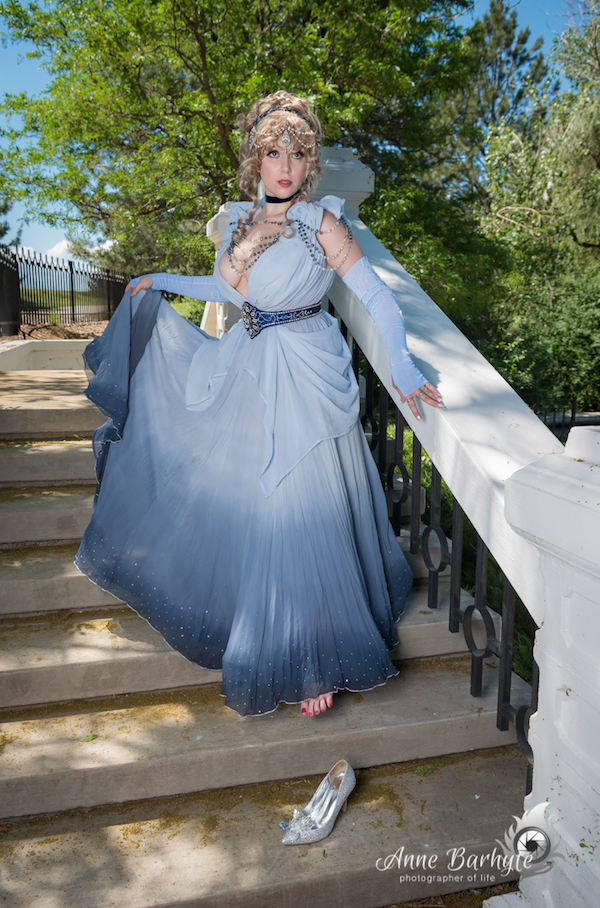Tourists walk past the flag flying at half-staff at Disney’s Epcot theme park in Orlando on Monday. Dewayne Bevil/Orlando Sentinel/TNS via Getty Images hide caption
toggle caption Dewayne Bevil/Orlando Sentinel/TNS via Getty Images
The streets around the Pulse nightclub in Orlando, Fla., are slowly coming back to life — slowly.
Police removed one of the roadblocks a few blocks away from the gay nightclub Wednesday, allowing local traffic to drive past a makeshift memorial of flowers, balloons, candles and crosses for the 49 victims, to within view of the club.
Alex Brehm was standing by the door of a still-shuttered 7-Eleven, watching scores of federal and local law enforcement officials work the scene, thinking about what’s next for his home and the city of Orlando.
“Especially now,” he says. “We’ve had three things on the major news in a week.”
It’s been a nightmarish week for the city. First, 22-year old Christina Grimmie, a singer and former contestant on NBC’s The Voice, was shot and killed in the city on Friday. Days later, a gunman entered Pulse and killed 49 people before being killed by police.
On Tuesday, a toddler at a Disney World resort was playing on the shoreline when he was snatched by an alligator and pulled underwater. His body was recovered Wednesday.
The string of events would be devastating to any community, but it has the potential to be particularly so for the city of Orlando.
Tourism is a multibillion-dollar industry in Orlando and Orange County, Fla. More than 66 million people visited the city last year to see attractions like Disney World and Universal Studios, according to Visit Orlando, making it the one of the most visited places in the U.S. The leisure and hospitality industry makes up more than 20 percent of the city’s workforce.
A report by the New York-based investment research firm Maxim Group says that the attack on the Pulse nightclub has the potential to “reduce tourism-related spending” over the next couple of months. The report compared the attacks to those that happened in Paris in November. “Holiday bookings travel dropped 13 percent after those attacks,” says Stephen Anderson, a senior vice president at Maxim.
At Orlando International Airport, arriving passengers expressed concern over the attacks. In the baggage claim area, many people said that they had talked about changing their travel plans or were altering their plans on the ground.
“I was a little green over it,” says Jennifer Trujillo, who was planning to visit Disney World with her husband, Robert, and two kids. Her husband, who spent 24 years in the military, was less concerned.
“You weigh the options and mitigate the risk,” Robert Trujillo says. “Honestly, you’d think that the awareness is raised and the security is probably a little more enhanced now than it is normally.”
River and Jacob Anderson felt the same way.
“There’s no point in walking around scared of it,” says Jacob Anderson.
“That’s the point of terrorism,” says River Anderson. “That you stop living your life the way that you would’ve.”
Disney World, Universal Studios and other major tourist attractions haven’t reported slowdowns in visitors. George Aguel, the president of Visit Orlando, says that’s been the case for businesses across the city so far. But there’s no avoiding the problem, he says.
“The name Orlando will be associated with [the attack] for a time to come, but we hope it will not deter people from visiting our theme parks and hotels,” Aguel says.
He hopes that people’s relationship with Orlando — be it memories or stories shared — will be enough to overcome whatever shadow recent events have cast on the Central Florida city.
Closer to the Pulse nightclub, at Brick and Fire Pizza and Pasta Parlor, owner Mark Dollard is more worried about how the community will get back to some semblance of normal.
The business has been closed off to major traffic since the attack Sunday night, but his employees have still been making pizzas. There are still bills to pay, he says, but that’s not why they’ve remained open.
“We’re open because we want to provide anybody that walks through the door a degree of normalcy and in this community, that’s something that’s going to be sought for a while,” he says.
Dollard knew people that were killed at Pulse. He knows the owners. Any financial loss he and other businesses have suffered, or will suffer, are meaningless compared with the loss of life there, he says.
A couple of days ago he talked to a local politician about what comes next, how the city recovers.
She didn’t have an answer, he says. “She just had a hug.”
Let’s block ads! (Why?)






